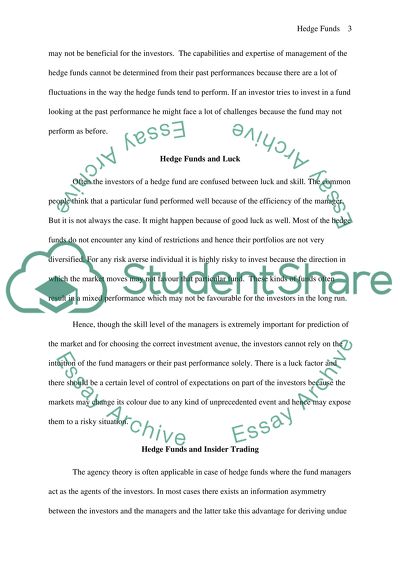Cite this document
(“Hedge Funds Essay Example | Topics and Well Written Essays - 1000 words”, n.d.)
Retrieved from https://studentshare.org/finance-accounting/1485275-hedge-funds
Retrieved from https://studentshare.org/finance-accounting/1485275-hedge-funds
(Hedge Funds Essay Example | Topics and Well Written Essays - 1000 Words)
https://studentshare.org/finance-accounting/1485275-hedge-funds.
https://studentshare.org/finance-accounting/1485275-hedge-funds.
“Hedge Funds Essay Example | Topics and Well Written Essays - 1000 Words”, n.d. https://studentshare.org/finance-accounting/1485275-hedge-funds.


